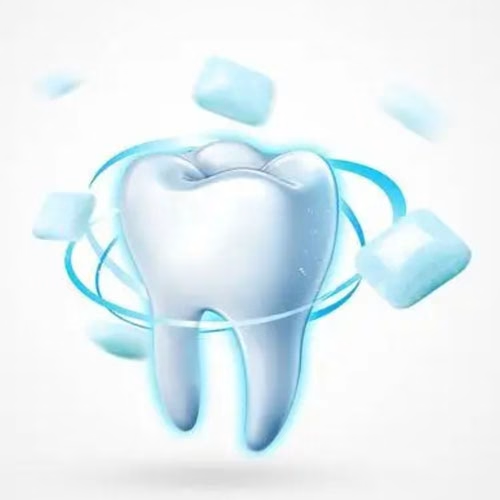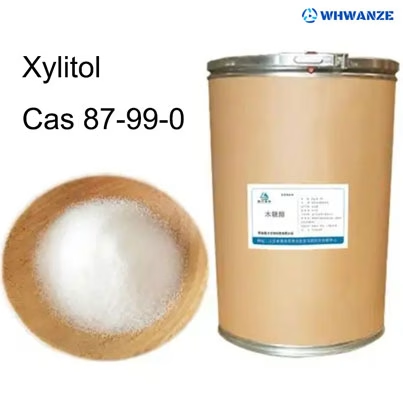The answer lies in its ability to prevent the growth and activity of harmful bacteria in the mouth.
Additional, Xylitol helps to stimulate the production of saliva, which contains minerals that can help to remineralize the teeth and repair damaged enamel.

Evidences
- A large scale, multi center randomized controlled trial published in a prominent dental journal in 2020 involved thousands of participants across different age groups. Participants who used the xylitol – based toothpaste had a significantly lower rate of cavity progression.
- Another study investigated the use of a mouthwash containing both xylitol and fluoride. The researchers found that this combination not only effectively reduced the levels of cavity – causing bacteria but also increased the remineralization of teeth. The xylitol seemed to work in synergy with fluoride, with the xylitol inhibiting bacterial growth and the fluoride promoting the repair of damaged enamel.
- Furthermore, some molecular level studies have been delving into the exact mechanisms by which xylitol affects the genes and metabolic pathways of oral bacteria. These studies have shown that xylitol can disrupt the normal metabolic processes of Streptococcus mutans at a genetic level, further explaining its potent anti – cavity properties.
The Mechanism of Xylitol Reverse Cavities
Bacterial Inhibition
Xylitol’s unique structure plays a pivotal role in its antibacterial properties ( to know more about xylitol’s properties , please read article “What is xylitol“). When introduced into the oral environment, it interacts with the bacteria in a way that disrupts their normal metabolic processes.

As a result, the bacteria are unable to generate the ATP (adenosine triphosphate) they need for growth, reproduction, and acid production.
Moreover, the presence of xylitol can also affect the ability of Streptococcus mutans to adhere to the tooth surface. This further reduces the overall bacterial load in the mouth and the risk of cavity formation.
In addition to Streptococcus mutans, xylitol has been shown to have an impact on other acid – producing bacteria in the mouth, such as Lactobacillus species. By inhibiting the growth and activity of these bacteria as well, xylitol creates an oral environment that is less conducive to acid production and enamel demineralization.
Remineralization Process
The process of remineralization is essential for maintaining the health of teeth, and xylitol plays a significant role in promoting it.
The increased saliva flow induced by xylitol provides a greater supply of these essential minerals to the teeth.
Furthermore, xylitol may also directly interact with the enamel surface. Some studies suggest that xylitol can form complexes with calcium ions, which can enhance the deposition of calcium and phosphate onto the enamel. This interaction may help to create a more stable and mineral – rich environment on the tooth surface, facilitating the remineralization process.
Xylitol – containing Products and Their Efficacy
- Chewing Gum
- Toothpaste
- Mouthwashes

Conclusion
In conclusion, the evidence strongly suggests that xylitol can play a significant role in both preventing and potentially reversing cavities. Its unique antibacterial properties, ability to stimulate saliva production, and contribution to the remineralization process make it a valuable tool in oral health care.
Clinical trials and real – life experiences have shown that incorporating xylitol – containing products into a daily oral care routine can lead to a reduction in cavity causing bacteria, a decrease in new cavity formation
Expand reading:

